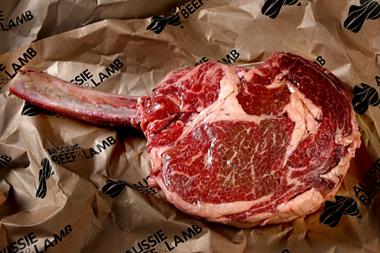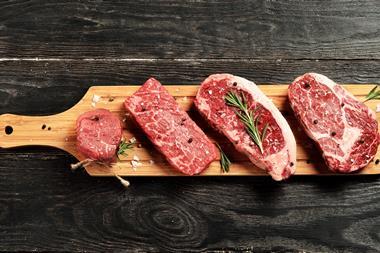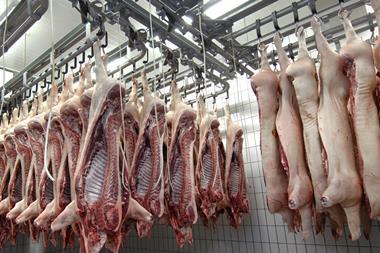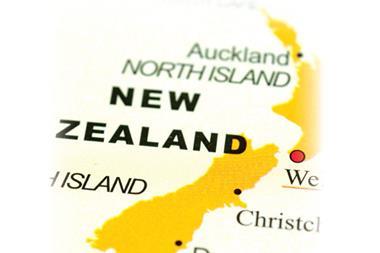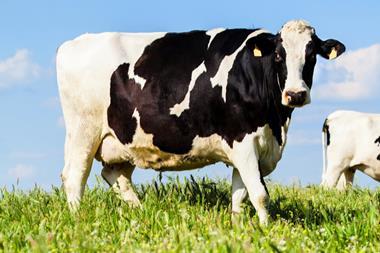
The government’s free trade agreement with Australia is “unlikely to make a noticeable difference at supermarket checkouts”, a new parliamentary report has suggested.
However, it could set “an important precedent” for other deals by lifting most tariffs on farm imports.
While cutting the duties on processed food and drink “may benefit consumers”, goods such as Australian wine would likely be just “a few pence” less expensive under the deal – signed by both governments in December, suggested the cross-party International Trade Committee’s report on the agreement, published today.
Committee chair Angus Brendan MacNeil said “significant concessions” were given to Australia “without securing all possible benefits in return”. Australian farms could therefore line up exports for the UK market without having to meet British production standards in areas such as pesticide use – a disparity the committee said would lead to “unfair competition”, he added.
So-called “phase-in” measures aimed at cushioning “negative impacts” were “inadequate” and based on “flat-footed” negotiating by the government, the committee said.
The report came after National Sheep Association chief Phil Stocker said on Tuesday the deal offered “little investment or opportunity to our domestic industries and markets” and would mean “little to no protection” for sheep producers after 15 years.
The committee said the UK had “minimal offensive interests” regarding the deal as Australia’s consumer market was relatively small compared to the UK’s.
But Dan Tehan, Australia’s trade minister at the time the agreement was struck, had said the “gold standard agreement” had righted a historic ”wrong” imposed when the UK joined what was then the European Economic Community in 1973, which meant an end to its previous Commonwealth trading arrangements with former possessions such as Australia.
The report followed the government’s recent proposal to cut barriers to food imports from around a third of Commonwealth member states, though not Australia, as well suggesting tariff reductions on goods such as bananas which the UK does not grow.
While the suggestion received tentative endorsement as a potential means of eating into rampant consumer price inflation, importers said cutting tariffs could amount to the government showing its hand early during future or ongoing free trade talks – such as those with mammoth producer India, which are set to enter a fifth round of negotiations later this month.
The UK’s negotiating of free trade deals with Australia and New Zealand has also been touted as laying the groundwork for accession to the Comprehensive and Progressive Agreement for Trans-Pacific Partnership, (CPTPP), an 11-country trade deal the US envisioned as a counterweight to the growing economic and diplomatic heft in the region of China. However, the US in 2017 withdrew support for the deal, which China since has expressed interest in joining, along with the UK.
But in a nod to potential hurdles to joining the pact, the committee said the UK-Australia deal would “potentially be in conflict with” the CPTPP, which Australia was already a member of, and said the government ”should explain clearly how and why this has come about”.
The committee said it was publishing its report ahead of schedule due to trade secretary Anne-Marie Trevelyan last week cancelling her much-delayed appearance before the committee, and after the government was accused of dodging scrutiny over the deal, which has not been ratified.
The secretary was scheduled again to field questions from the committee later on Wednesday, on both the Australia deal and the similar agreement signed last year with New Zealand, another agri-foods exporting giant with a small domestic market.
A Department for International Trade spokesman said the Australian trade deal was a “landmark” agreement that would “unlock £10.4 billion of additional bilateral trade, support economic growth in every part of the UK and deliver for the 15,300 businesses already exporting goods to Australia”.
He also stressed DIT had “always said that we will not compromise the UK’s high environmental, animal welfare or food safety standards, and the independent Trade & Agriculture Commission recently concluded that the deal does not undermine the UK’s robust domestic protections”.







